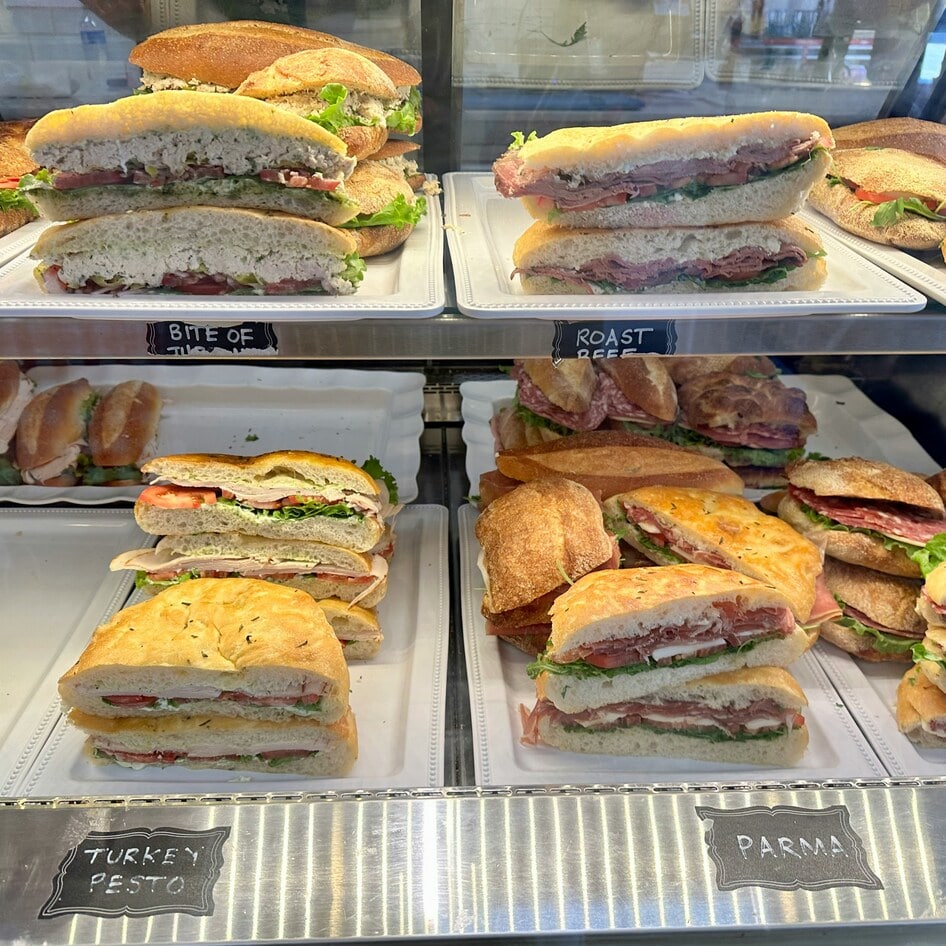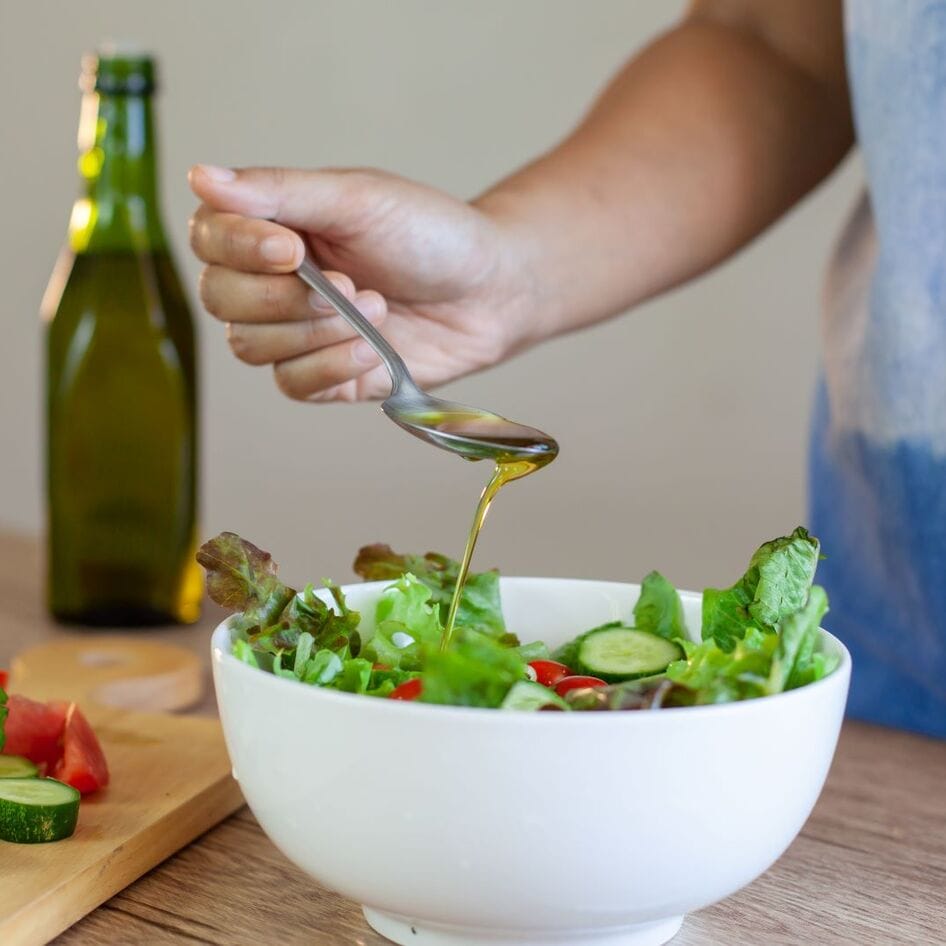Drawing data from the 30-year-long Nurses’ Health Study and the Health Professionals Follow-up Study, new research about the consumption of ultra-processed foods highlights the increased health risks. The study, published today in the journal BMJ, shows a moderate increase in mortality risk associated with high consumption of meat- and dairy-heavy ultra-processed foods. This extensive research, involving more than 114,000 health professionals across the United States, suggests nuanced recommendations for ultra-processed food consumption to enhance long-term health.
Researchers monitored study participants’ health and dietary habits over an average of 34 years, during which 48,193 deaths were recorded. Those in the highest quartile of ultra-processed food intake had a 4 percent increased risk of total mortality compared to those in the lowest quartile, the researchers noted. Interestingly, the researchers found no significant link between ultra-processed foods and deaths due to cancer, cardiovascular diseases, or respiratory diseases. Instead, the increased risk was primarily for other causes, including neurodegenerative diseases, which had an 8 percent higher risk of death. The study also indicated that dietary quality might mitigate some of the risks associated with ultra-processed foods.
 Zydeaosika/Pexels
Zydeaosika/Pexels
Ultra-processed foods
Ultra-processed foods include processed meat and dairy products, packaged baked goods and snacks, fizzy drinks, sugary cereals, and ready-to-eat or heat products. These products often contain artificial colors, flavors, and other additives, according to the Nova system, developed by Brazilian epidemiologist Carlos Monteiro, PhD. It categorizes foods into four categories: unprocessed foods, typically whole foods like fresh fruits and vegetables, beans, and grains but allows for some processed foods such as yogurt, pasta, and flour. Next is processed culinary ingredients like oils, sugar, vinegar, and salt. Then is processed food—typically a combination of the first two categories with added preservation methods such as bottling, fermenting, or baking. The last category is ultra-processed foods, which employ industrial production methods and highly processed ingredients like palm oil, high-fructose corn syrup, and additives such as artificial colors and flavors.
“If you look at the ingredient list and you see things that you wouldn’t use in home cooking, then that’s probably an ultra-processed food,” Brenda Davy, a nutrition professor at Virginia Tech not involved with the research, told The New York Times.
Despite the size and duration of the study, the authors caution against drawing definitive causal links due to the study’s observational nature. The researchers note potential biases and misclassifications due to the complexity of food processing levels and the demographic homogeneity of the participants, who were mostly white health professionals.
“The findings provide support for limiting consumption of certain types of ultra-processed food for long-term health … Future studies are warranted to improve the classification of ultra-processed foods and confirm our findings in other populations,” the researchers noted.
“Our focus should be on advocating for greater global adoption of these and more ambitious interventions and increasing safeguards to prevent policies from being influenced by multinational food companies with vested interests that do not align with public health or environmental goals,” they wrote.
 Pexels
Pexels
Increased health risks associated with ultra-processed foods
It’s the latest study to sound the alarm on ultra-processed foods. Research published earlier this year linked consumption of ultra-processed food to an increased risk of heart disease, diabetes, mental disorders, and early death. “We found consistent evidence linking higher intakes of ultra-processed foods with over 70% of the 45 different health outcomes we assessed,” senior author Wolfgang Marx, a senior research fellow at the Food & Mood Centre at Deakin University in Geelong, Australia, told CNN. That study found that more than 66 percent of calories consumed by children in the US come from ultra-processed foods. For adults, it was slightly less at about 60 percent. More than 70 percent of the current US food supply is made of ultra-processed foods, the study found.
Another recent study published in the Journal of the Academy of Nutrition and Dietetics looked at teen relationships with ultra-processed food products during screen time. Most participants in that study viewed ultra-processed foods as unhealthy but lacked awareness of their specific adverse health effects, believing these could be mitigated by balancing them with homemade foods. Many struggled with nutrition labels and preferred family guidance on eating habits. Influences on their food choices included social settings and screen time, where solitude often led to less healthy choices, while family presence encouraged a varied diet. Participants also noted that food availability, advertisements, and social norms shaped their eating habits. Cravings for ultra-processed foods were linked to social memories and often led to guilt from compulsive eating, prompting some to engage in compensatory physical activities or restricted consumption.
For more plant-based stories like this, read:
JUMP TO ... Latest News | Recipes | Guides | Health | Subscribe








